

Kits AI is an innovative and cost-effective platform designed exclusively for musicians, offering them an unparalleled opportunity to create and train AI voices. This cutting-edge software eliminates the need for expensive recording studios and voice actors by providing a free AI voice solution. Musicians can now effortlessly generate custom AI voices that can mimic human speech with exceptional accuracy and naturalness. With Kits AI, musicians can explore endless creative possibilities, compose unique melodies, and infuse their music with the power and versatility of AI technology. This groundbreaking platform revolutionizes the music industry, giving musicians the tools they need to unleash their artistic potential.
Music Tutor Free is an innovative app that aims to help music enthusiasts learn proper timing and rhythm. Through a series of engaging exercises and games, the app provides an immersive learning experience that helps users enhance their musical skills. By providing a user-friendly interface and interactive tools, Music Tutor Free makes it easier for anyone to learn music, regardless of their level of expertise. Whether you're a beginner or an experienced musician, this app offers a great way to improve your timing and rhythm, making it a must-have tool for anyone looking to enhance their musical abilities.
Sensibol is an innovative AI platform that has revolutionized the way companies approach their conversations with customers. By transforming these interactions into actionable insights, Sensibol has helped businesses improve their customer service, increase efficiency, and drive growth. With its advanced machine learning algorithms and natural language processing capabilities, Sensibol has become a game-changer in the industry, empowering organizations to make data-driven decisions and stay ahead of the competition. In this article, we will explore the features and benefits of Sensibol and how it can transform your business operations.
Musico is a groundbreaking software engine that harnesses the power of artificial intelligence to generate music like never before. With its ability to respond to various inputs such as gesture, movement, code, or other sound, Musico offers users an unparalleled level of interactivity and creativity. Whether you're a musician looking for fresh inspiration or simply want to experiment with new sounds, Musico's innovative technology allows you to explore the limitless possibilities of music production. Join the revolution and experience the future of music-making with Musico.
Do you love making music? Would you like to get paid for it? Boomy is the perfect platform for you! Boomy is a platform that makes creating original songs in seconds easy, even if you have never made music before. You can share your songs with the world and make money from every listen on Spotify, TikTok, YouTube, and more than 40 other platforms worldwide. With Boomy, you can be a music artist in no time!
Audioshake is an innovative platform that provides the perfect audio content for all your music production needs. With Audioshake you can get stems for sync licensing, sampling, remastering, remixing, and re-imagining music. Moreover, you get access to the same technology used by major labels, publishers, distributors, music supervisors and sync licensing companies. Get ready to explore a whole new world of sound with this amazing tool!
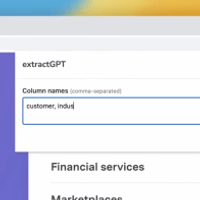
ExtractGPT
extractGPT beta sign up
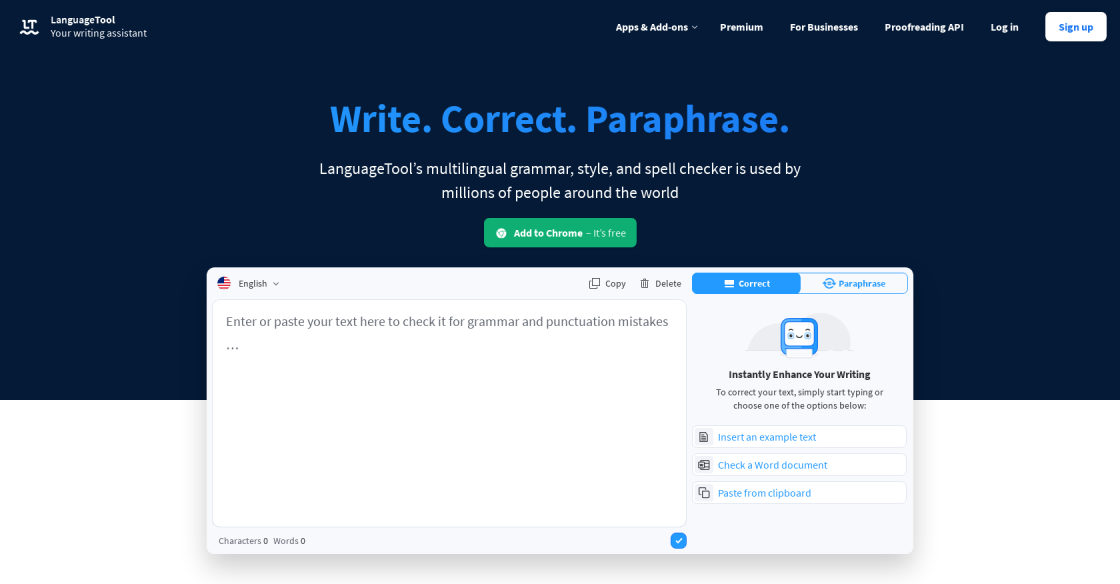
LanguageTool
LanguageTool - Online Grammar, Style & Spell Checker
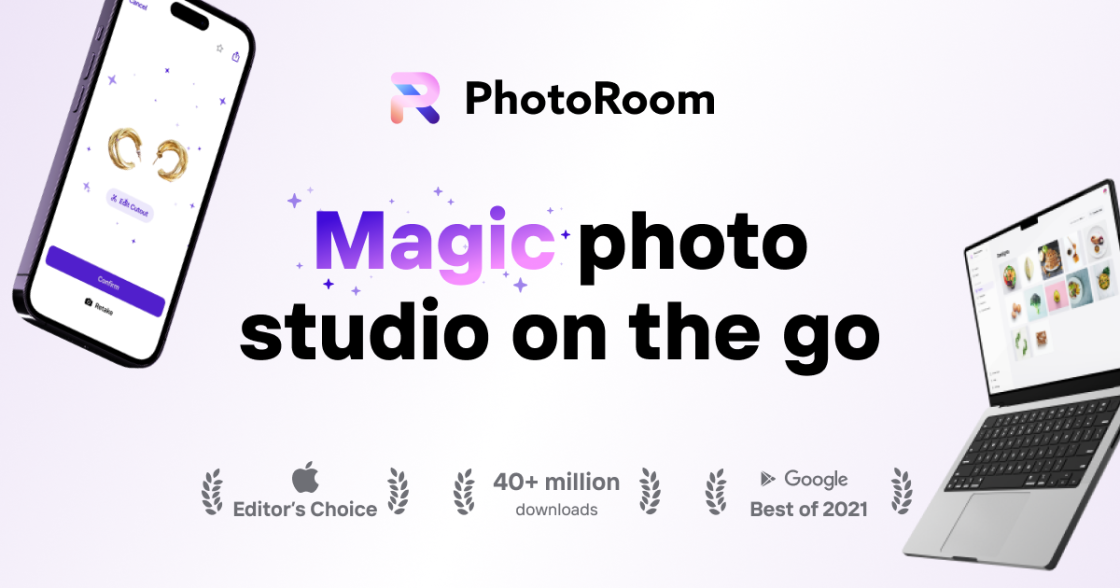
PhotoRoom
PhotoRoom - Remove Background and Create Product Pictures
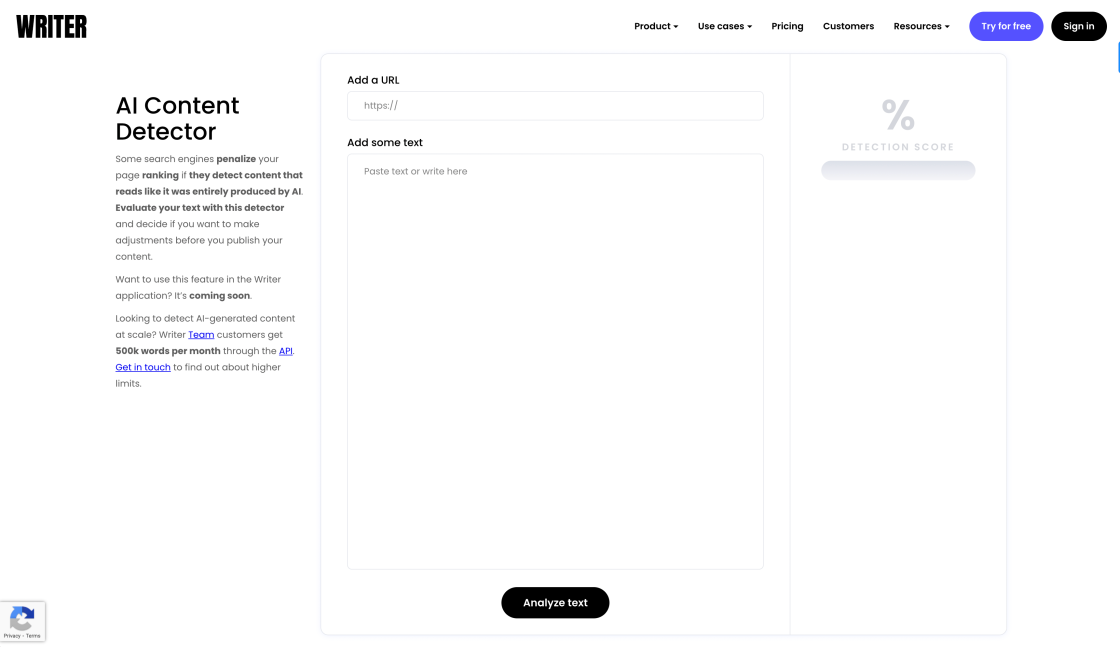
AI Content Detector
AI Content Detector | GPT-3 | ChatGPT - Writer
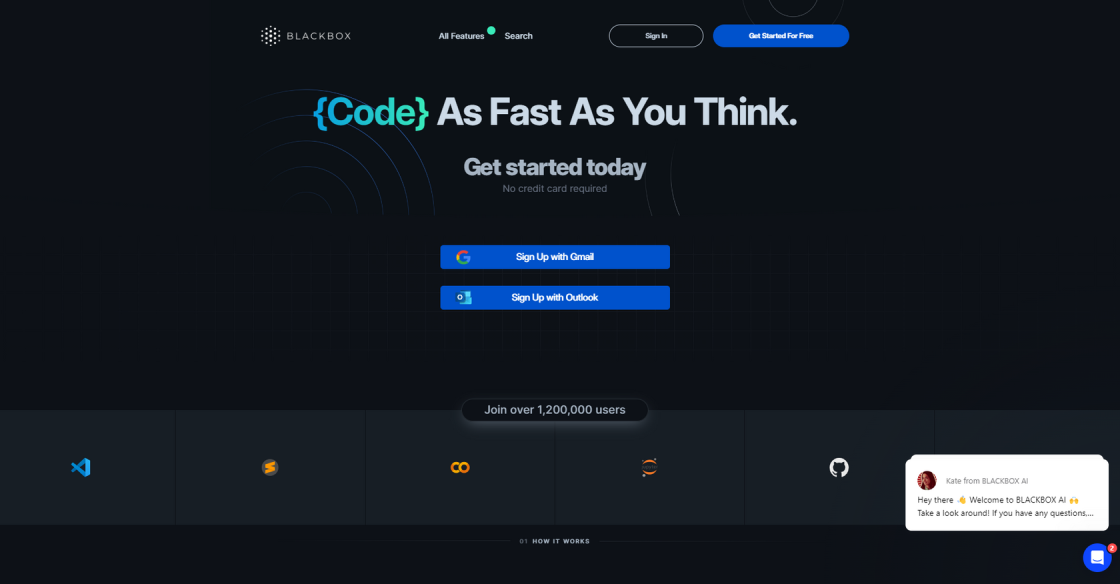
BlackBox AI
Revolutionizing the Future of Analytics
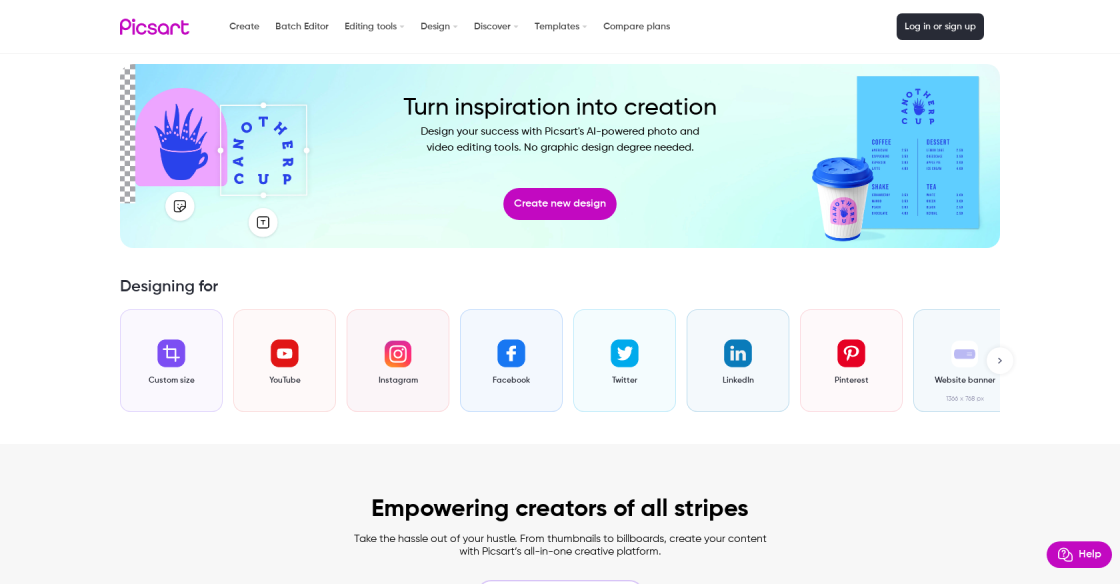
Picsart
AI Writer - Create premium copy for free | Quicktools by Picsart

Text To Keras
Text data preprocessing
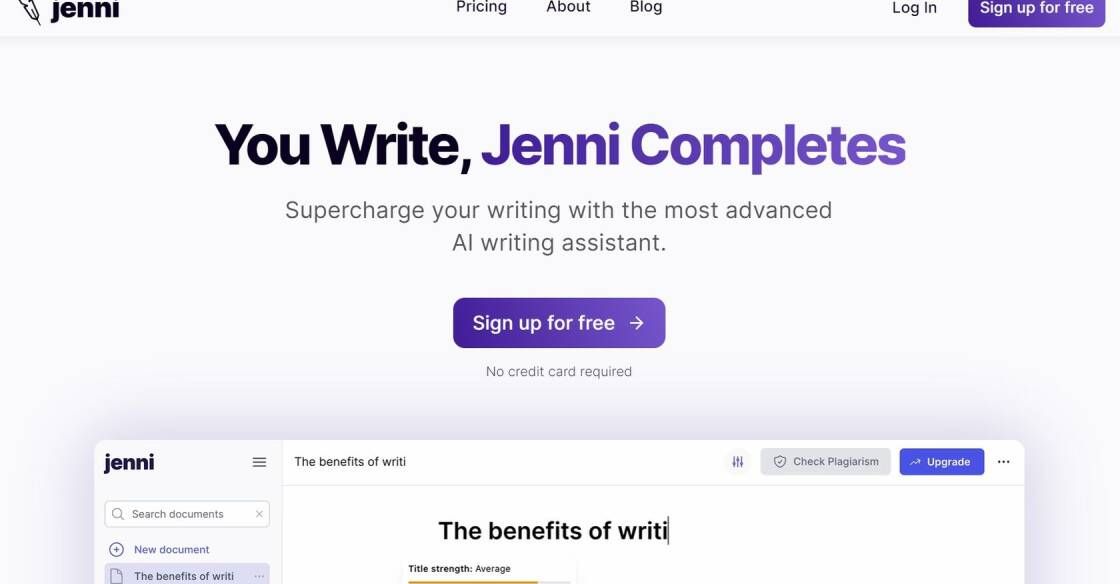
Jenni
Supercharge Your Writing with Jenni AI
Magenta is an innovative research project that has gained significant attention in recent years. It is an open-source initiative that utilizes machine learning to create music. The project aims to explore the possibilities of artificial intelligence in the domain of music and artistic expression. Magenta is a collaboration between Google Brain Team and Google Creative Lab, and it has attracted the attention of musicians, artists, and music enthusiasts worldwide. The team behind Magenta is working tirelessly to develop algorithms that can generate music based on various inputs, such as style, genre, and mood. This project has the potential to revolutionize the music industry by enabling artists to create new and unique sounds with the help of AI. Moreover, Magenta also offers a platform for researchers to study the intersection of music and technology, paving the way for further advancements in the field. In this article, we will delve deeper into the workings of Magenta and explore its potential impact on the world of music.
Magenta is an open-source research project that uses machine learning to generate music.
Magenta uses machine learning algorithms to analyze and learn patterns in music, and then generates new compositions based on these patterns.
Yes, Magenta is open-source software, which means that anyone can download and use it for free.
Magenta requires some technical knowledge to use, especially if you want to modify its code or run it on your own computer.
Magenta can generate music in a variety of styles and genres, including classical, jazz, and pop.
Yes, Magenta can be trained on specific types of music, so it is possible to generate music that sounds like a particular artist or band.
Some potential applications of Magenta include creating original music for films, video games, and advertisements, as well as aiding musicians in the composition process.
One limitation of Magenta is that its generated music may lack the emotional depth or complexity of music composed by humans.
Magenta was created by researchers at Google's Brain Team in collaboration with music experts and artists.
You can learn more about Magenta on its official website, as well as through online forums and communities dedicated to music and machine learning.
| Competitor | Description | Difference |
|---|---|---|
| Amper Music | AI music composition and production platform | Magenta is open-source, while Amper Music is a commercial platform. |
| AIVA | AI music composition platform | AIVA focuses on classical music, while Magenta is more general-purpose. |
| Jukedeck | AI music composition and production platform | Jukedeck provides a wider range of customization options, while Magenta is focused on research. |
| OpenAI | Research organization developing AI tools, including for music | OpenAI has a broader focus than Magenta, but also includes music in its research. |
| Sony Computer Science Laboratories / Flow Machines | Music composition software using AI | Flow Machines is a commercial product, while Magenta is open-source. |
| Google Brain / DeepMind | Research organizations developing AI tools, including for music | Both Google Brain and DeepMind are part of the same parent organization as Magenta (Google). |
| Humtap | AI-powered music creation platform | Humtap focuses on creating original music via collaboration, while Magenta is more research-focused. |
| AIBMuse | AI music composition platform | AIBMuse uses reinforcement learning, while Magenta uses deep learning. |
Magenta is a revolutionary open-source research project that utilizes machine learning to generate music. It is an initiative by Google Brain, a team of researchers at Google focused on advancing the field of artificial intelligence.
The main objective of Magenta is to create a platform that allows musicians and artists to experiment with machine learning algorithms for creating new and innovative music. The project combines the latest advancements in deep learning and neural networks to create a system that can learn and understand musical patterns.
One of the key features of Magenta is its ability to learn from existing music compositions and generate new ones that are similar in style and genre. This is achieved through a combination of various techniques such as reinforcement learning, unsupervised learning, and generative adversarial networks.
Another interesting aspect of Magenta is its ability to work with different types of musical data, including MIDI files and audio recordings. This means that musicians can use their own recordings and compositions as input to generate entirely new pieces of music.
Magenta has already been used to create some amazing music compositions, including an entire album created by the AI system. The album, titled "I Am AI," was a collaboration between several artists and Magenta, and it showcased the potential of machine learning in music creation.
In conclusion, Magenta is a groundbreaking research project that has the potential to revolutionize the way we create and consume music. Its open-source nature also means that anyone can contribute to the project and help shape the future of music.
TOP